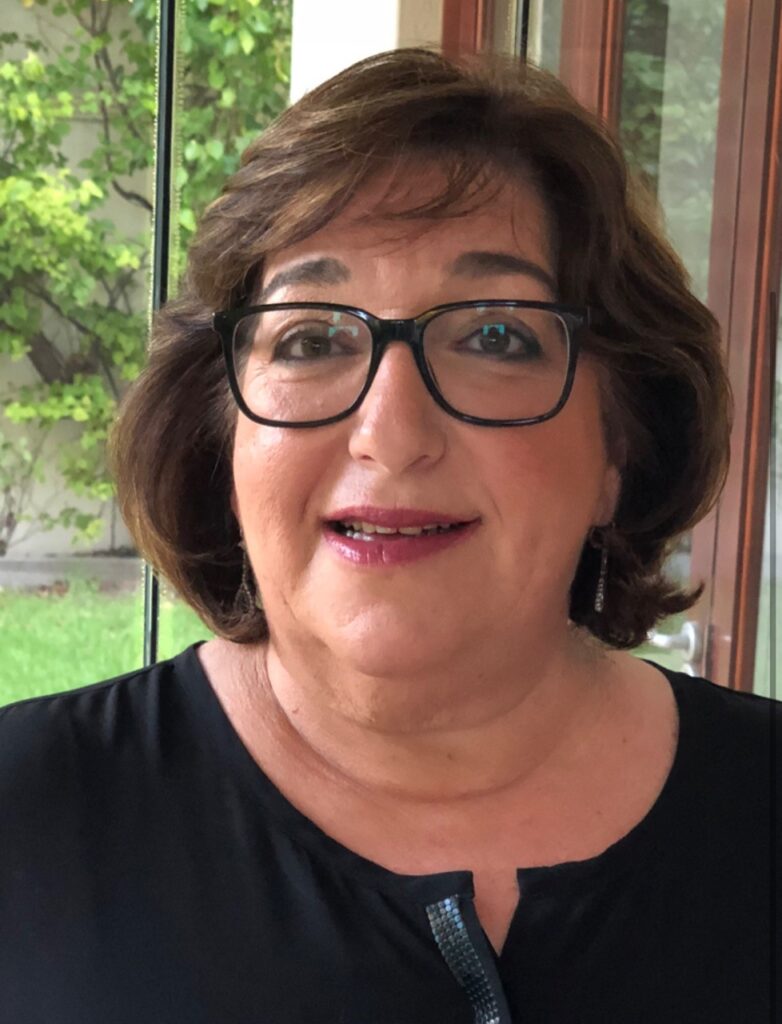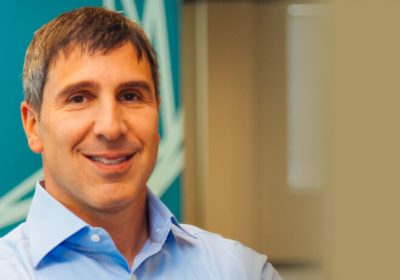
- Author: George Hazim
- Posted: October 2, 2023
Go with the Flow: The CFO Looking to Iron in the Energy Storage Race
CFO Barbara Eckstein’s shares insights on how Fusion Energy Group’s (FEG) plan to ramp up the introduction of a battery concept using one of Australia’s most abundant and accessible resources to become a formidable player in the bulk energy storage market.
Prime Minister Anthony Albanese’s dream of turning Australia into a battery manufacturing powerhouse has its challenges.
Just look at the recent comments of former CFO & current Tesla Chair, Robyn Denholm.
Denholm said Albo’s dream of Australia developing a local battery market is in peril unless it offers tax incentives to local manufacturers to combat the hundreds of billions of dollars the US is spending to lure facilities to its shores.
Australia has some of the world’s biggest known reserves of minerals used in batteries and produces 80% of the lithium feedstock and more than 50% of the nickel contracts Tesla sources globally.
And Denholm’s not entirely wrong, except the PM’s dream could be realised sooner rather than later, if Fusion Energy Group’s (FEG) CFO Barbara Eckstein’s plan to ramp up the introduction of a battery concept using one of Australia’s most abundant and accessible resources.
Eckstein along with FEG’s CEO, Nathaniel Allen, are making good a plan to redefine Australia’s energy market with iron slurry flow battery technology that has in its origins an old idea it’s making new again.
The original concept was first conceived by former NASA scientist Bob Savinell in response to the 1970’s energy crisis.
Savinell’s idea has resurfaced into a modern version – a 20th Century concept forming the basis of simple sophisticated technology which Eckstein and FEG are leading the charge on.
FEG which has secured the IP rights for the technology in the race to store renewable energy, has now partnered with Savinell and Case Western University in Ohio.
The PM’s desire to turn Australia into a battery manufacturing powerhouse makes the current battery technologies economically and environmentally unsustainable.
However, iron’s abundant, cheap, and less environmentally destructive to mine.
According to Eckstein, FEG’s battery technology is more appealing because of its economic and environmental sustainability. “It will be strategically important in helping the PM realise his dream.”
Supporting Eckstein’s claims is FEG’s CEO, Nathaniel Allen.
Allen says, “FEG’s battery technology relies on its primary resource, iron which Australia possesses in abundant reserves”.
“The future of bulk energy storage sits with our iron slurry flow battery – the abundance of iron ore eliminates being dependent on resources like lithium and nickel”.
“An all-iron slurry flow battery is scalable and more importantly environmentally safe.”
FEG has devised strategies that allow it to become the cornerstone of battery manufacturing in Australia, through strategic partnerships that include global hyperscale companies that can enhance and expedite manufacturing within the country allowing the existing supply chain to deploy on a global scale.
“The key to advancing manufacturing in Australia lies in fostering partnerships and collaborations,” Eckstein says, “and it’s a goal that can only be realised with government backing for cutting-edge technology and investing into a better tomorrow.”
“By securing State and Federal Government support and funding, FEG’s in a unique position to accelerate the development of its technology, leading to substantial economic growth, increased employment opportunities, strengthened research, while contributing to Australia’s iron ore sector.”
Currently, Eckstein’s says FEG is combating the same challenges and obstacles startup’s face.
“Maintaining a vigilant approach with our working capital and seeking out avenues to secure the financial backing required for our research and product development, is critical.”
Avoiding high-interest bank loans, instead opting for funding from private investors and venture capitalists who share the company’s vision and belief in FEG’s potential, is part of Eckstein’s strategy.
“Our objective is to tap into various research grants and financial incentives offered by both state and federal governments to further bolster our financial resources.”

“The focus is to shift towards ensuring our investors see acceptable returns on their investments. This entails delivering a successful product and launching it into the market, capturing a substantial share, and establishing our brand as a formidable player in the bulk energy storage market.”
FEG’s predict their system energy storage will be 10 times cheaper than conventional flow batteries with a 20-year life cycle, non-flammable and have 100% recyclable materials.
Furthermore, it will be able to power entire suburbs and allow major manufacturers to remove themselves from the grid.
Fusion Energy has invested heavily in the R&D of the battery and according to Allen, it’s at Technology Readiness Level 5 – representing a significant advancement in technology development.
He says the achievement of a 12-hour battery is a remarkable milestone with global significance.
“The goal now is to achieve a 20-hour battery given the global patents the company possesses”.
According to Eckstein, FEG’s plans to deploy field prototypes to both Australian and U.S. companies, with a target milestone in the second half of 2024, indicating the company’s commitment to practical applications and global reach.
Which strategic markets to targets is a strategy Eckstein and Allen have been examining the approach it will adopt and what it will look like when it enters Australia.
Allen says iron slurry flow batteries are poised to make a significant impact in several key markets, each with their unique opportunities to disrupt markets like the EV Charging Infrastructure, the Commercial and Industrial Sectors, Renewable Energy Generation and the Micro/Off-Grid Application.
“The iron slurry flow battery is poised to revolutionize various markets,” Eckstein says.
“The battery stands out as an energy storage solution, which demonstrates significant advancements when compared to other hybrid iron technologies, as well as alternative flow battery options.”
According to Eckstein, what makes iron slurry flow batteries so appealing is its cost advantage, scalability, compact footprint, and strong ROI as a highly competitive and attractive energy storage option, when compared to other iron-based and flow battery technologies.
“These features make it an appealing choice for CFOs and businesses looking to adopt efficient and cost-effective energy storage solutions without compromising valuable real estate resources.”
As CFO and CEO, Eckstein, and Allen, are in complete alignment with FEG’s strategic principles.
Eckstein says, FEG’s principles, were set in place by Allen and the Board when she arrived at FEG.
“Nathaniel provided a well-defined roadmap for achieving our goals. With this foundation in place, my focus has shifted towards the crucial aspect of execution.
“It’s an ambitious target milestone to reach, it’s a challenging but achievable objective that demands dedication and a concerted effort but we’re up to it.” Eckstein says.








